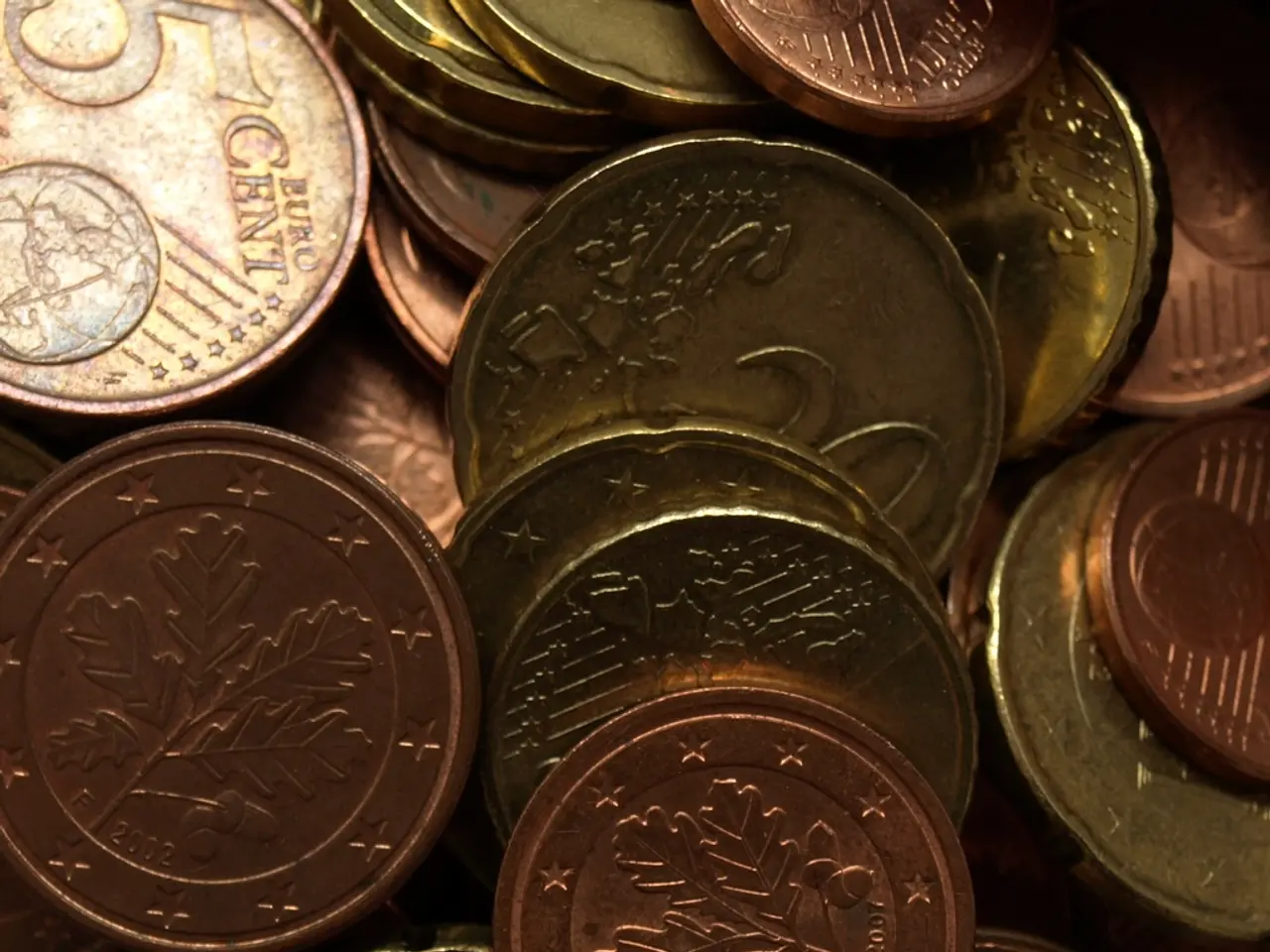Potential Hoarding of 200,000 Bitcoin by Indonesia's Reserves: Is the Nation Prepared for Such a Move?
Indonesia, the world's fourth-most-populous nation and the 16th largest economy, is delving into the possibility of incorporating Bitcoin into its national reserves. This move, if implemented, would mark a significant step towards economic diversification and resilience.
The initiative is being led by the Vice President's office, following high-level discussions with Bitcoin Indonesia, the country's largest Bitcoin community. The potential addition of Bitcoin to Indonesia's reserves would represent a significant diversification step aimed at hedging against inflation and global monetary fluctuations.
Discussions have centered around utilizing Indonesia's surplus renewable energy—particularly hydropower and geothermal energy—to mine Bitcoin sustainably as part of the reserve strategy, linking energy assets to digital currency accumulation. This would not only promote sustainable Bitcoin mining but also leverage Indonesia's energy resources for economic gain.
Although Indonesia maintains strict regulations on cryptocurrency use for payments and imposes stringent crypto tax policies, officials are reportedly open to integrating Bitcoin as a reserve asset for long-term strategic economic benefits. This shift in perspective suggests a focus on Bitcoin's potential role in the nation's long-term economic stability rather than immediate crisis response.
Bitcoin Indonesia has advocated for education and awareness programs to improve public and governmental understanding of Bitcoin's potential economic role. Officials expressed a desire for further education to facilitate informed decision-making, with some discussions framing Bitcoin's role in the context of Indonesia's 100th independence anniversary in 2045.
This exploration aligns Indonesia with a growing set of countries reconsidering Bitcoin in their monetary frameworks. Countries like the United States, El Salvador, Bhutan, Kazakhstan, and Pakistan are also exploring Bitcoin holdings or mining.
Currently, no formal policy has been enacted; the matter remains under consideration with plans for gradual, limited integration to complement existing reserve assets and maintain financial stability. As Indonesia weighs the pros and cons of a Bitcoin reserve, the need for clear governance and robust oversight becomes more critical than ever.
In summary, Indonesia is actively examining Bitcoin’s role in its national reserves through official talks and strategic proposals, seeking to leverage the country’s energy resources and position Bitcoin as a long-term sovereign asset to diversify and strengthen its economic base. This bold move, if implemented, could place Indonesia at the forefront of Southeast Asian nations embracing digital assets.
- The potential addition of Bitcoin to Indonesia's reserves could facilitate the mining of Ethereum and other cryptocurrencies, given the focus on utilizing surplus renewable energy for sustainable digital currency accumulation.
- If successful, this integration of Bitcoin into Indonesia's financial reserves would signify a significant step in technology adoption, offering potential economic benefits and forging a path towards economic diversification and resilience.
- Bitcoin, Ethereum, and other digital currencies represent potential investment opportunities for Indonesian finance, providing an avenue to hedge against global monetary fluctuations and inflation.
- The Vice President's office and Bitcoin Indonesia are working together to educate the public and government officials about the potential economic role of Bitcoin, emphasizing its long-term strategic benefits for the nation's stability and growth.




